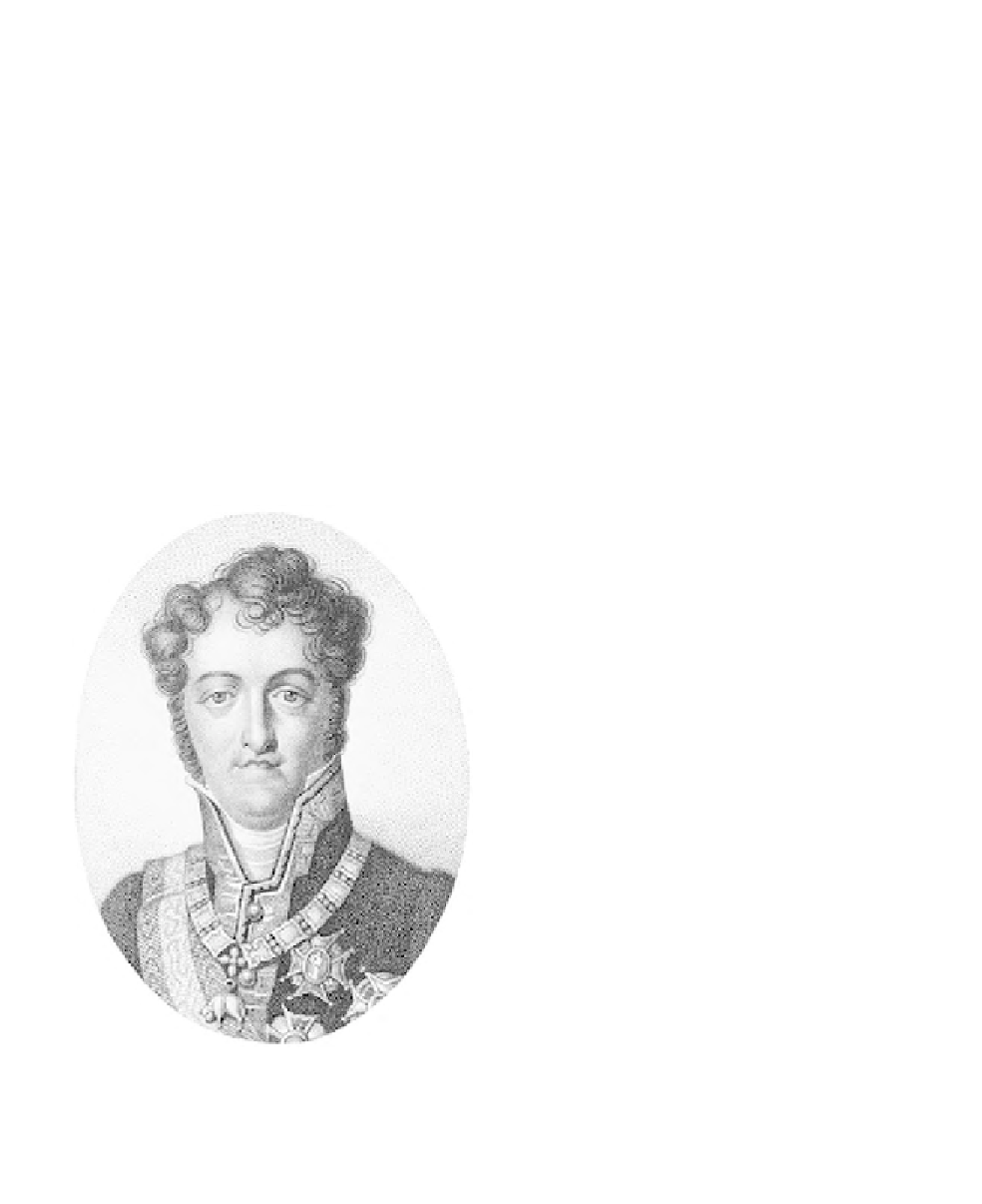Travel Reference
In-Depth Information
minister M
ANUEL
DE
G
ODOY
. Having orga-
nized a band of supporters, he staged a coup
d'état in 1808 and was proclaimed Ferdi-
nand VII. Shortly thereafter Emperor
Napoléon I summoned the entire Spanish
royal family to a meeting at Bayonne that
was supposed to resolve all their differ-
ences. Instead the French ruler proclaimed
the termination of the B
OURBON
dynasty
and imposed his brother Joseph Bonaparte
as King J
OSEPH
I of Spain. During the fol-
lowing six years Ferdinand, his brother
Charles, and members of their entourage
were confined in France, separate from the
former king and queen.
Following the downfall of the Bonapar-
tes and the end of the Napoleonic Wars,
Ferdinand VII returned to Spain and was
widely welcomed as the country's rightful
monarch. However, during his absence
loyal subjects had acted largely on their
own initiative to defend and liberate their
country. Furthermore a governing commit-
tee that retained control in the south had
tution in 1812. This Constitution of Cádiz
created a limited monarchy and established
“liberal” institutions that would be the sub-
ject of debate for generations to come. Fer-
dinand, who wished to rule as an absolute
monarch, rejected these developments. In
addition to reestablishing the S
PANISH
I
NQUI
-
SITION
, which had been abolished during his
absence, he launched a persecution of
reformers of all persuasions. Between 1815
and 1820 at least one major conspiracy was
uncovered and crushed each year, with the
conspirators imprisoned or executed.
By 1820 independence movements that
had emerged in the Spanish-American colo-
nies during Ferdinand's absence had devel-
oped into full-scale revolts, and although the
king seemed to pay more attention to his
domestic enemies than to his rebellious sub-
jects abroad, he did dispatch several military
expeditions to the Americas. It was among
troops destined to depart for the colonies
that a mutiny broke out and spread across
the country in that year. Overwhelmed by
the forces of liberalism within both military
and civilian sectors, Ferdinand preserved his
crown by making profound apologies for
past mistakes and passionate promises to be
a leader of a new, more humane Spanish
society. After three years of liberal govern-
ment Spain's position amid the prevailing
counter-revolutionary conservatism of Euro-
pean regimes provoked an invasion spon-
King Ferdinand VII
(Library of Congress)

Search WWH ::

Custom Search